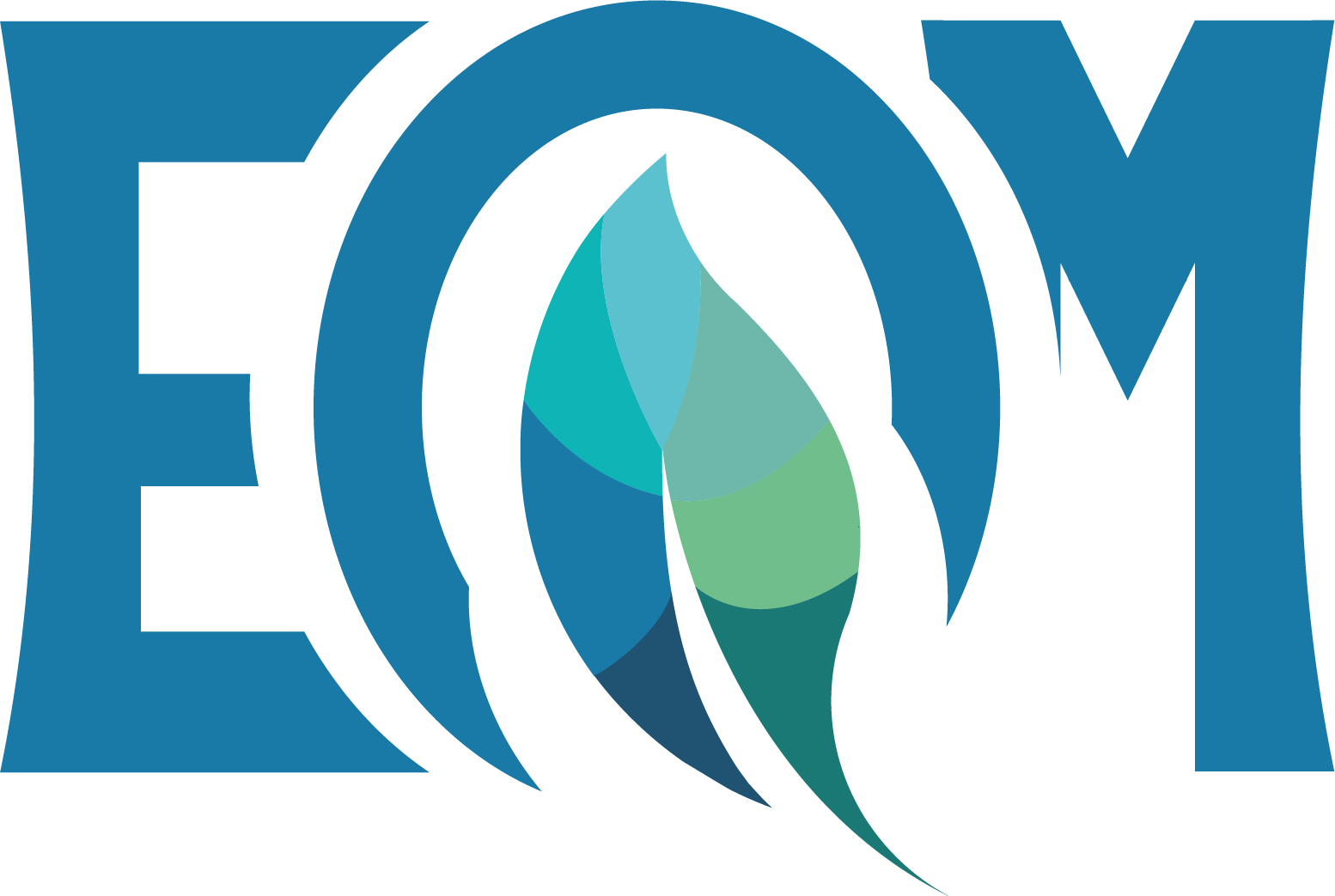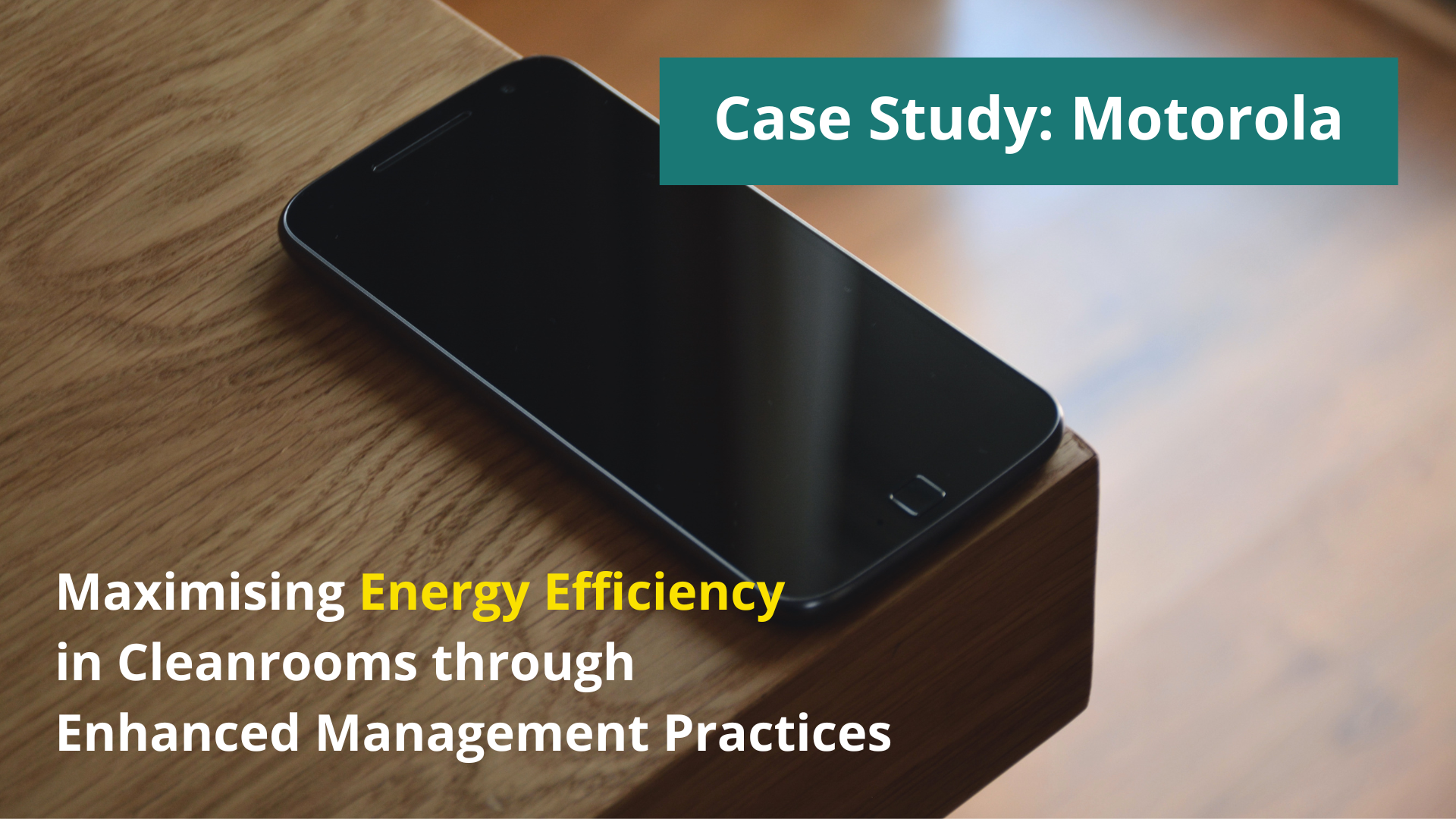
Customers are the heart of any business.
With several competitors arising in the industry, companies are focusing on improving, developing, and transforming customer experience to make a name for themselves in the crowd. Quality is one of the most important factors that determine customer satisfaction, this is why it’s important to scrutinise, review and audit all management systems. If you’re new to the world of auditing, here’s everything you need to know about internal auditing and supplier auditing.
What Are ISO 9001 Internal Audits?
ISO 9001 is an international standard for the quality management system (QMS). According to this standard (clause 9.2), companies are required to perform internal audits regularly. Those conducting audits should have adequate training and the right qualifications. Internal audits are conducted for performance evaluation, process conformity assessment, and identification of areas of improvement.
These audits confirm and ensure that the business is running in an efficient manner. Although internal auditors are usually members of the company, it is absolutely allowed to use external resources such as professional consultants to do the work. This in some cases may lead to more accurate results.

Why Should Internal Audits be Conducted?
- They should expose all issues or non-compliances to avoid them being flagged by a Third-Party audit
- They should identify all inefficiencies to reduce wastes
- Discover all potential loopholes so that the QMS can be improved and modified accordingly
- It helps to consistently maintain and update quality measures
- It acts as management oversight mechanism
What are ISO 9001 Supplier Audits?
Supplier audits are an essential strategy that depends on your supplier history or product risk. This helps ensure quality control and efficient delivery. Supplier audits will help gain useful data and statistics for your company. The main aim is to determine whether your supplier is capable of ensuring top quality levels based on the supplier audit ISO 9001.
What are the benefits of a supplier audit?
- You can select the sources for components without any worry
- Find all kinds of alternatives to help reduce costs
- Discover any kinds of quality problems with your current supplier
- Confirm corrective actions for any pending issues
If you’re looking for a reliable professional to conduct internal or supplier auditing for your company, EQM Consult is your best option. We offer outsourced suppliers audit and internal audit services at affordable rates. Don’t wait any longer, get in touch with our expert consultants by filling the contact form on the website.

Ph.D. Beata Paliwoda
Founder and Owner of EQM. Environmental and quality consultant and auditor. Professional career built in Quality Assurance departments in various companies from the automotive, aerospace, railway industries, as well as a management systems consultant. Successfully completed many complex projects related to the implementation of management systems, process improvements and business transformation. Auditor of ISO 9001, ISO 14001, AS 9100, project manager of APM, lecturer at the Poznan University of Business and Economics, researcher on the effectiveness of EMS and QMS in organisations.





